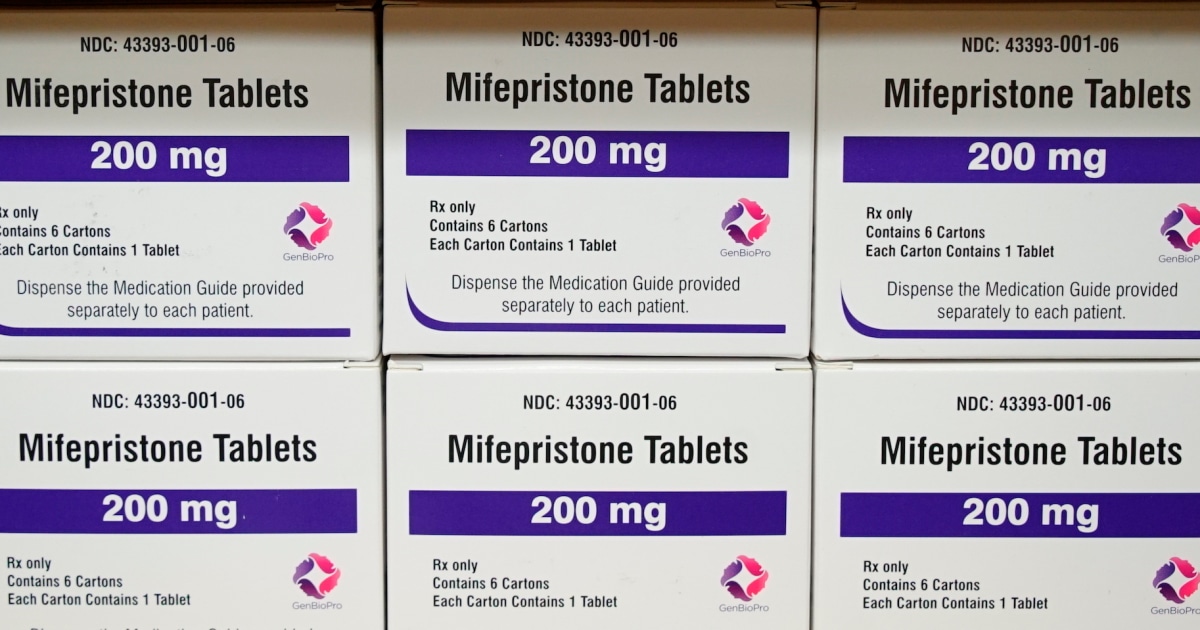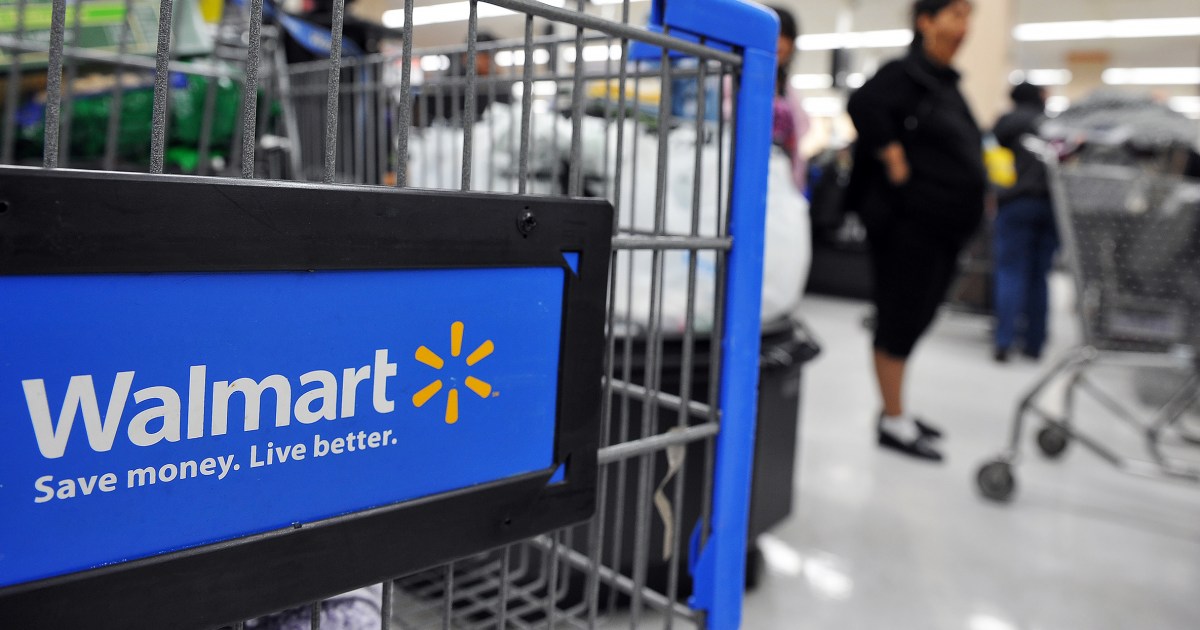CVS, Walgreens and Walmart pharmacies recklessly distributed massive amounts of pain pills in two Ohio counties, a federal jury concluded Tuesday in a verdict that may set the tone for city and county governments seeking to hold accountable these businesses for their role in America's deadly opioid drug epidemic.
Lake and Trumbull counties blamed the three drug chains for failing to stop an avalanche of pills that caused hundreds of overdose deaths and cost each of them nearly $ 1 billion in medical and police expenses.
A federal judge will decide in the spring how much the companies must pay in damages.
It is the first time that these companies have faced trial over the opioid crisis, which
has killed half a million people in the United States in the last two decades
.
These two counties were able to convince the jury that pharmacies played a major role in creating a very serious public health problem because of the way they distributed pain relievers in their communities.
“The law requires pharmacies to be diligent in the distribution of drugs.
This case should be a wake-up call that failure will not be accepted, ”said Mark Lanier, a county attorney.
"The jury rang a bell that should be heard in every drug store in America," Lanier said.
Lawyers for the three pharmacy chains maintained that they had policies to stop the flow of pills when their pharmacists had concerns and reported suspicious requests from doctors to authorities.
They also said that it was the doctors who controlled the number of pills that were prescribed for legitimate medical needs.
Spokespersons for CVSHealth and Walgreen Co. said the companies do not agree with the verdict and will appeal.
“As the plaintiffs' own experts testified, many factors have contributed to the problem of opiate abuse, and solving this problem will require the involvement of all stakeholders in our healthcare system and all members of the our community, ”CVS spokesman Mike DeAngelis said in a statement.
Walgreen spokesman Fraser Engerman said the company believes the court was wrong "by allowing the case to go before a jury on a flawed legal theory that is inconsistent with Ohio law."
"As we have said throughout this process, we never manufacture or market opioids or distribute them to the 'pill factories' and Internet pharmacies that fueled this crisis," Engerman said in a statement.
"The plaintiffs' attempt to resolve the opioid crisis with an unprecedented expansion of disorderly conduct law is flawed and unsustainable."
Two other chains - Rite Aid and Giant Eagle - had already reached an agreement with the two Ohio counties.
Lanier said during the trial that pharmacies were trying to blame everyone but themselves.
The opioid crisis has overwhelmed the courts, social service agencies and law enforcement agencies in Ohio's workers' corner east of Cleveland, leaving behind shattered families and babies born to addicted mothers, Lanier told members. of the jury.
About 80 million prescription pain relievers were dispensed in Trumbull County alone between 2012 and 2016, equivalent to 400 for every resident.
In Lake County, about 61 million pills were distributed during that period.
The rise in doctors prescribing pain relievers such as oxycodone and hydrocodone came at a time when medical groups began to recognize that patients have a right to be treated for pain, said Kaspar Stoffelmayr, an attorney for Walgreens, at the opening. of the trial.
The problem, he said, was that "pharmaceutical manufacturers tricked doctors into writing too many pills."
The counties said pharmacies should be the last line of defense to keep the pills from getting into the wrong hands.
They did not hire or train enough pharmacists and technicians to prevent that from happening and did not put in place systems that could flag suspicious orders, Lanier said.
The trial before District Judge Dan Polster in Cleveland was part of a larger constellation of federal opioid lawsuits - some 3,000 in all - that have been consolidated under the judge's supervision.
Other cases are advancing in state courts.
Kevin Roy, director of public policy for Shatterproof, an organization that advocates for solutions to addiction, said the verdict could lead pharmacies to follow the path of major distribution companies and some drug manufacturers that have reached agreements to national level of opioid cases worth billions.
So far, no pharmacy has reached an agreement nationwide.
"It's a sign that the public, at least in some places, feels that there has been an exposure and that it needs to be remedied," Roy said.
The committee of attorneys for local governments suing the pharmaceutical industry in federal court called Tuesday's verdict a "historic victory."
"For decades, pharmacy chains have watched the pills coming out of their doors cause harm and failed to take action as required by law," the plaintiffs' executive committee said in a statement.
"Instead, these companies responded by opening more stores, flooding communities with pills, and facilitating the flow of opioids into an illegal, secondary market."
Today's ruling against Walmart, Walgreens, and CVS represents the delayed reckoning for their complicity in creating a public nuisance. "
Government lawsuits against drug manufacturers, distributors, and pharmacies are based on state and local disorderly conduct laws.
Roy noted that the courts have not been consistent as to whether those laws apply to these cases.
"There have been a variety of different decisions lately that should give us reason to be cautious about what this really means in the grand scheme," he said.
Two recent rulings have gone against the theory.
And there are more cases that are about to be solved.
Lawsuits are currently underway against drug manufacturers in New York and distribution companies in Washington state.
A lawsuit against distribution companies in West Virginia has concluded, but the judge has not yet handed down a sentence.
In early November, a California judge ruled in favor of the major drug makers in a lawsuit with three counties and the city of Oakland.
The judge said governments had not shown that drug companies used deceptive marketing to increase unnecessary opioid prescriptions and create a public nuisance.
Also in November















